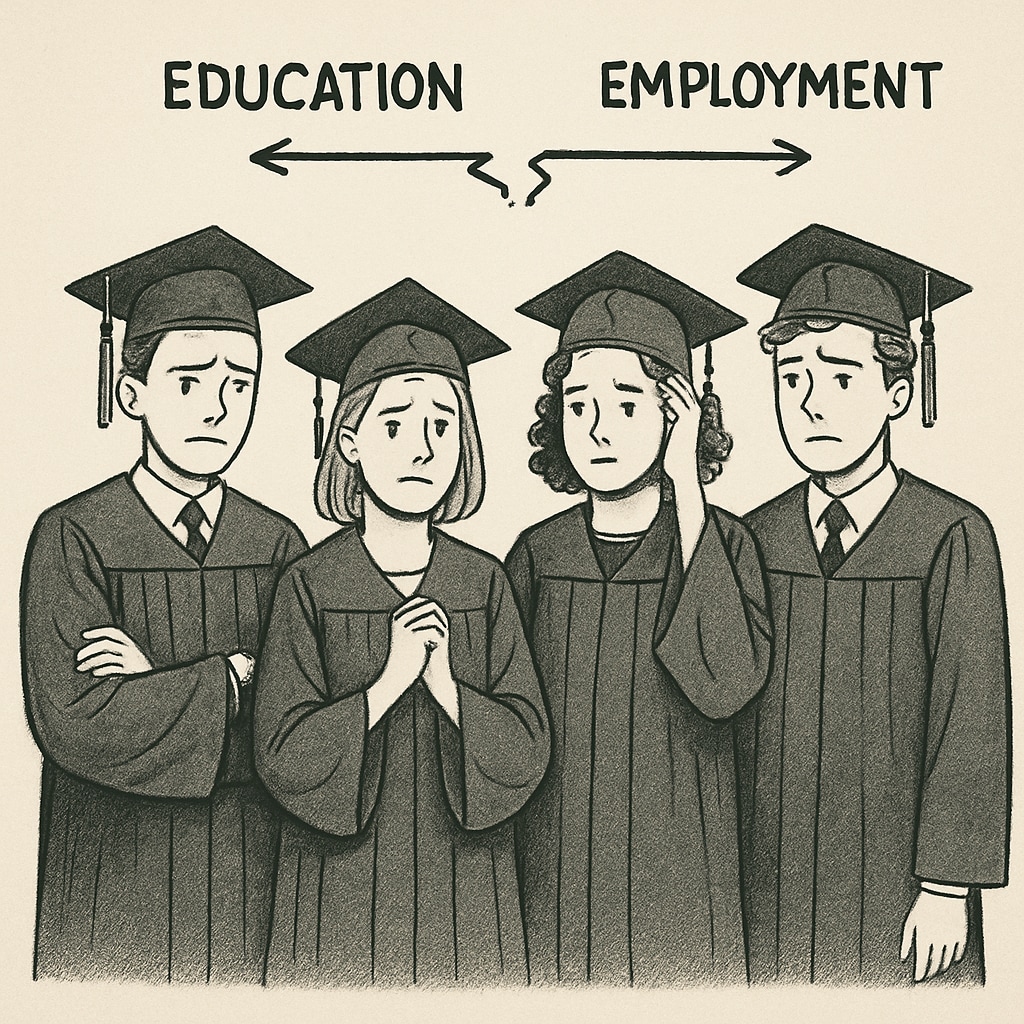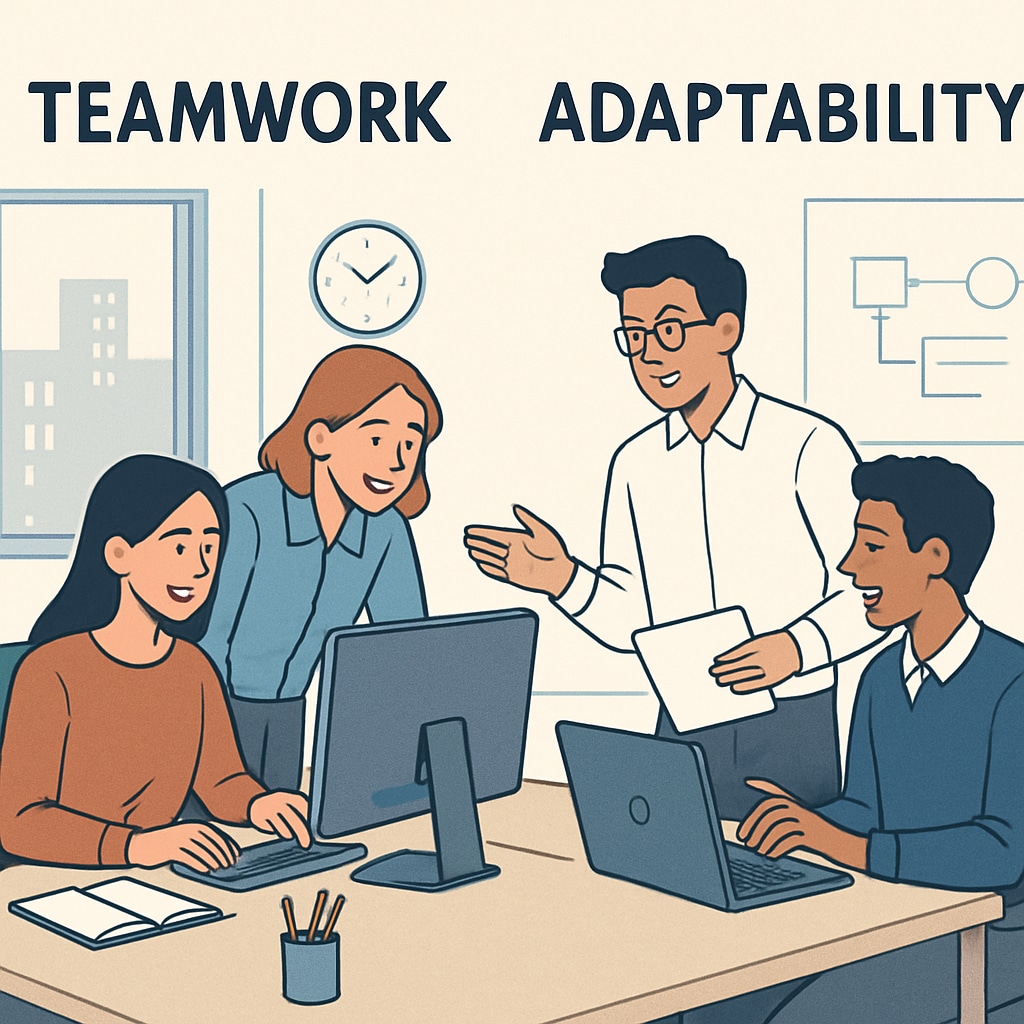Rising unemployment rates have sparked a critical debate about the relationship between education and employment. The long-standing assumption that academic achievements guarantee career success is being questioned more than ever. This article examines the evolving connection between education value and employment opportunities, exploring whether academic performance still holds the key to career advancement in today’s challenging job market.
Rethinking Education’s Role in an Era of High Unemployment
Traditionally, education has been viewed as the cornerstone of career success. Degrees and diplomas were believed to open doors to stable, well-paying jobs. However, as unemployment rates climb globally, this narrative has begun to unravel. Increasingly, graduates are finding themselves unable to secure positions that match their qualifications, leading to dissatisfaction and financial strain.
Part of the issue lies in the mismatch between educational curricula and the demands of the modern workforce. For example, while some industries emphasize technical or soft skills, many academic programs still focus heavily on theoretical knowledge. This gap can leave graduates ill-equipped for the realities of their chosen fields.

What Employers Value Beyond Academic Performance
While academic excellence remains important, employers are increasingly prioritizing other qualities. Skills such as communication, problem-solving, adaptability, and teamwork are often deemed more crucial than grades. Moreover, practical experience through internships, apprenticeships, or volunteer work tends to weigh heavily in hiring decisions.
The shift in employer expectations highlights the need for a more holistic approach to education. Institutions must adapt by incorporating career readiness programs, experiential learning opportunities, and skill-based training to better prepare students for the workforce.
- Focus on transferable skills, such as critical thinking and collaboration.
- Encourage partnerships with industries for hands-on experience.
- Promote lifelong learning to keep pace with evolving career demands.

Addressing the Educational Gap in Employment
To bridge the divide between education and employment, both educators and policymakers must take proactive steps. Initiatives such as vocational training, career counseling, and industry-specific certifications can help students align their education with market needs. Governments can also incentivize companies to offer entry-level opportunities that provide real-world experience.
In addition, fostering a culture of continuous learning is essential. With technology and industries advancing rapidly, the ability to upskill and reskill has become vital for long-term career success. Educational institutions should explore flexible learning models, such as online courses and micro-credentials, to meet the diverse needs of today’s workforce.
Readability guidance: This article uses concise paragraphs, clear headings, and lists to enhance readability. It incorporates transition words like “however,” “for example,” and “as a result” to improve flow. Passive voice and long sentences are minimized, ensuring clarity and engagement throughout.


